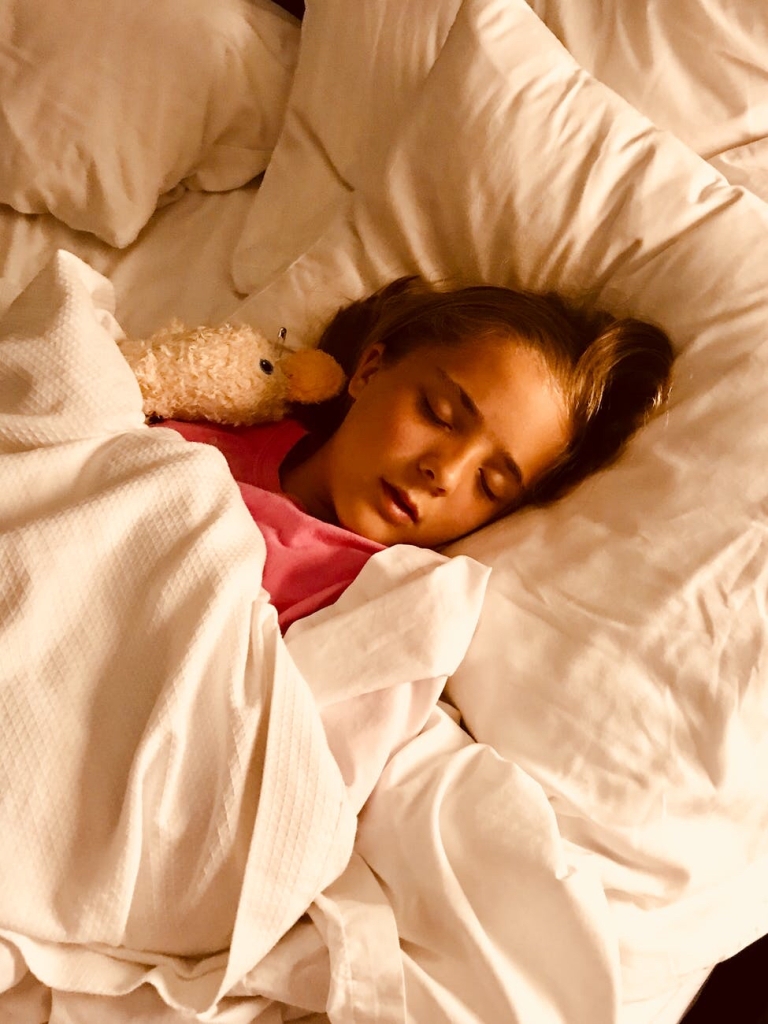Sleep disturbance is a common occurrence following mild traumatic brain injury (mTBI). Disturbed sleep may be associated with prolonged recovery following injury. Melatonin is often recommended to help manage sleep disturbances as it plays a major role in the regulation of the circadian sleep-wake cycle. However, there is currently a lack of evidence-based treatments to improve sleep after mTBI. Therefore, the current study looked to evaluate the efficacy of melatonin on sleep-related problems and sleep behaviour in youth with persistent post-concussion symptoms following mTBI.
3 Groups • Placebo supplement group
• 3 mg melatonin supplementation group
• 10 mg melatonin supplementation group

72 participants with persistent post-concussion symptoms and significant sleep disturbance were included in the secondary analysis.
• There was a decrease in sleep-related problems across all groups over time with a significant effect of melatonin 3mg compared to placebo and melatonin 10mg.
• There was a significant effect of treatment on mean total sleep time in both melatonin 3mg and 10mg
group compared to placebo.
• There was a significant effect of treatment on sleep efficiency in the 10mg group compared to 3mg
group and placebo.
• Depressive symptoms significantly decreased in the melatonin 3mg group but not melatonin 10mg
group.
• 26 participants reported minor adverse events, 16 of which had no impact on daily functioning. There
was no statistical difference in the frequency or severity of events among groups.
